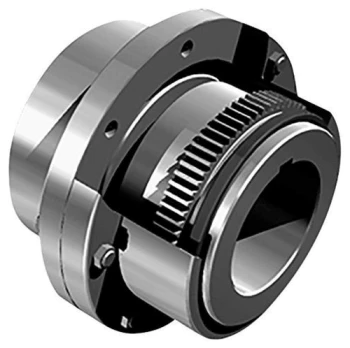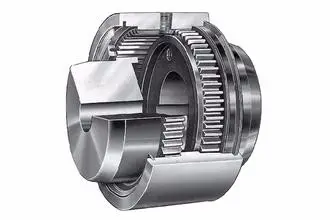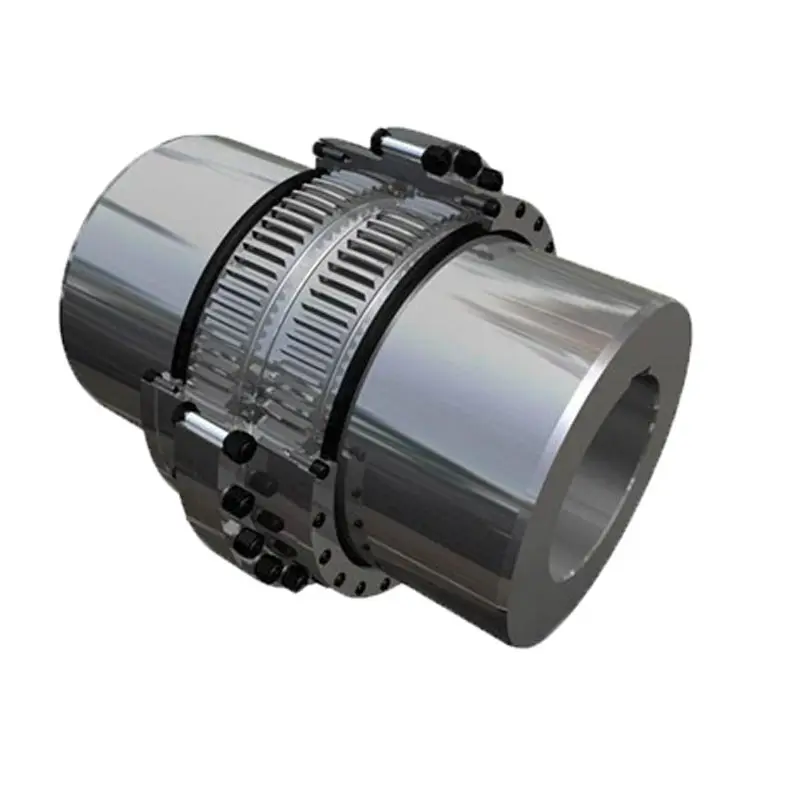Product Description
High Quality NM HRC FCL L Type Flexible Jaw Coupling
1. Material: Carbon steel, Alloy steel, Aluminum, Rubber and Cast Iron etc.
2. Finishing: Painted, blacken, zinc plated and so on.
3. OEM and ODM are available
4. Quick and easy mounting and disassembly.
5. High quality with competitive price
Our coupling type as below:
Chain Coupling: 3012, 4012, 4014, 4018, 5014, 5016, 5018, 6018, 6571, 6571, 8018, 8571, 8571, 1571, 12018, 12571
Tyre Coupling: A40,A50,A60,A70,A80,A90,A100,A110,A120,A140,A160,A180,A200
HRC Coupling: 70, 90, 110, 130, 150, 180, 230, 280
MH Coupling: 45, 55, 65, 80, 90, 115, 130, 145, 175, 200
NM Coupling: 50, 67, 82, 97, 112, 128, 148, 168, 194, 214, 240, 265
Jaw Coupling: L035, L050, L070, L075, L090, L095, L099, L100, L110, L150, L190, L225
Flange Coupling: 90, 100, 112, 125, 140, 160, 180, 200, 224, 250, 280, 315, 355, 400, 450, 560, 630
Pin Coupling: 67, 83, 102, 134, 178, 204, 254, 318
Spacer Coupling: F40, F50, F60, F70, F80, F90, F100, F110, F120, F140
Jaw Coupling: L035, L050, L070, L075, L090, L095, L099, L100, L110, L150, L190, L225
HangZhou CHINAMFG Industry Co., Ltd. is a specialized supplier of a full range of chains, sprockets, gears, gear racks, v belt pulley, timing pulley, V-belts, couplings, machined parts and so on.
Due to our CHINAMFG in offering best service to our clients, understanding of your needs and overriding sense of responsibility toward filling ordering requirements, we have obtained the trust of buyers worldwide. Having accumulated precious experience in cooperating with foreign customers, our products are selling well in the American, European, South American and Asian markets. Our products are manufactured by modern computerized machinery and equipment. Meanwhile, our products are manufactured according to high quality standards, and complying with the international advanced standard criteria.
With many years’ experience in this line, we will be trusted by our advantages in competitive price, one-time delivery, prompt response, on-hand engineering support and good after-sales services.
Additionally, all our production procedures are in compliance with ISO9001 standards. We also can design and make non-standard products to meet customers’ special requirements. Quality and credit are the bases that make a corporation alive. We will provide best services and high quality products with all sincerity. If you need any information or samples, please contact us and you will have our soon reply.
/* January 22, 2571 19:08:37 */!function(){function s(e,r){var a,o={};try{e&&e.split(“,”).forEach(function(e,t){e&&(a=e.match(/(.*?):(.*)$/))&&1

Materials Used in Manufacturing Flexible Gear Couplings and Their Impact on Performance
Flexible gear couplings are designed to transmit torque while accommodating misalignments and reducing vibrations. The choice of materials for manufacturing these couplings plays a crucial role in their overall performance and suitability for specific applications. Some common materials used in flexible gear couplings include:
- Steel: Steel is a popular material for flexible gear couplings due to its high strength and durability. It can handle substantial torque loads and provides good resistance to wear and fatigue. Steel couplings are commonly used in heavy-duty applications, such as steel mills, mining, and power generation.
- Stainless Steel: Stainless steel is used when corrosion resistance is required, making it suitable for applications in corrosive environments like the marine, chemical, and petrochemical industries.
- Alloy Steel: Alloy steel is used to improve specific properties, such as hardness and heat resistance. It is often employed in high-temperature applications found in steel processing and power generation.
- Cast Iron: Cast iron is known for its excellent wear resistance and damping capabilities. It is used in applications where shock absorption and vibration reduction are critical, such as pumps and compressors.
- Aluminum: Aluminum is lightweight and offers good corrosion resistance, making it suitable for applications where weight reduction is important, such as aerospace and certain industrial machinery.
- Bronze: Bronze is used for its self-lubricating properties and resistance to wear. It is often found in couplings used in low-speed applications, such as conveyor systems.
- Nylon and Plastics: Nylon and other plastics are used in some couplings where electrical isolation and lightweight properties are essential, such as in medical equipment and certain automation systems.
The selection of materials depends on the specific requirements of the application, including torque, speed, temperature, environmental conditions, and the presence of corrosive substances. Proper material selection ensures that the flexible gear coupling can operate efficiently and reliably, providing optimal performance and minimizing maintenance needs.

Handling Torsional Stiffness and Dynamic Balancing in Flexible Gear Couplings
Flexible gear couplings are designed to effectively handle torsional stiffness and dynamic balancing in rotating machinery. Here’s how they achieve this:
- Torsional Stiffness: Flexible gear couplings are engineered to provide a certain level of torsional stiffness while still allowing for some flexibility. This stiffness helps transmit torque efficiently from one shaft to another, ensuring minimal power loss. The flexibility of the coupling allows it to accommodate misalignments and shock loads, reducing the risk of damage to connected equipment.
- Dynamic Balancing: Proper dynamic balancing is crucial in rotating machinery to prevent vibrations that could lead to premature wear and damage. Flexible gear couplings are designed to have symmetrical and evenly distributed masses. This helps minimize any dynamic imbalances that could occur during rotation, resulting in smoother and more stable operation.
The combination of torsional stiffness and dynamic balancing in flexible gear couplings makes them suitable for various industrial applications, providing reliable power transmission while dampening vibrations and accommodating misalignments. It ensures that the connected machinery operates efficiently and with reduced wear and tear, resulting in longer equipment lifespan and enhanced overall system performance.

Industry Standards and Certifications for Flexible Gear Couplings
Flexible gear couplings are essential components in mechanical power transmission systems, and there are industry standards and certifications that govern their design, manufacturing, and performance. Some of the most commonly recognized standards and certifications for flexible gear couplings include:
- ISO 9001: This certification ensures that the manufacturer follows a quality management system that meets international standards, ensuring consistent and reliable production of flexible gear couplings.
- AGMA Standards: The American Gear Manufacturers Association (AGMA) has published various standards related to gear couplings, including AGMA 9002 for flexible couplings, which provides guidelines for design, selection, installation, and lubrication.
- API Standards: The American Petroleum Institute (API) has established standards for couplings used in the oil and gas industry. API 671 specifically covers the requirements for special-purpose couplings, including gear couplings, used in petroleum, chemical, and gas industry services.
- CE Marking: The CE marking indicates that the flexible gear coupling complies with the European Union’s health, safety, and environmental protection standards, making it eligible for sale within the EU market.
- ATEX Certification: If the flexible gear coupling is intended for use in potentially explosive atmospheres, it may require ATEX certification, which ensures compliance with European Union directives for explosive atmosphere protection.
When selecting a flexible gear coupling, it is essential to verify if it conforms to the necessary industry standards and certifications to ensure the coupling’s performance, safety, and reliability in your specific application.


editor by CX 2024-04-04